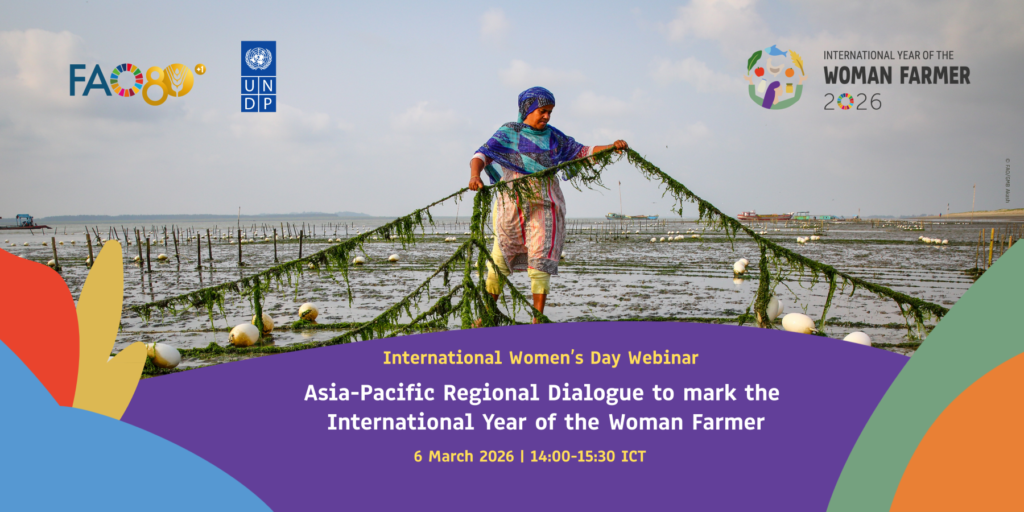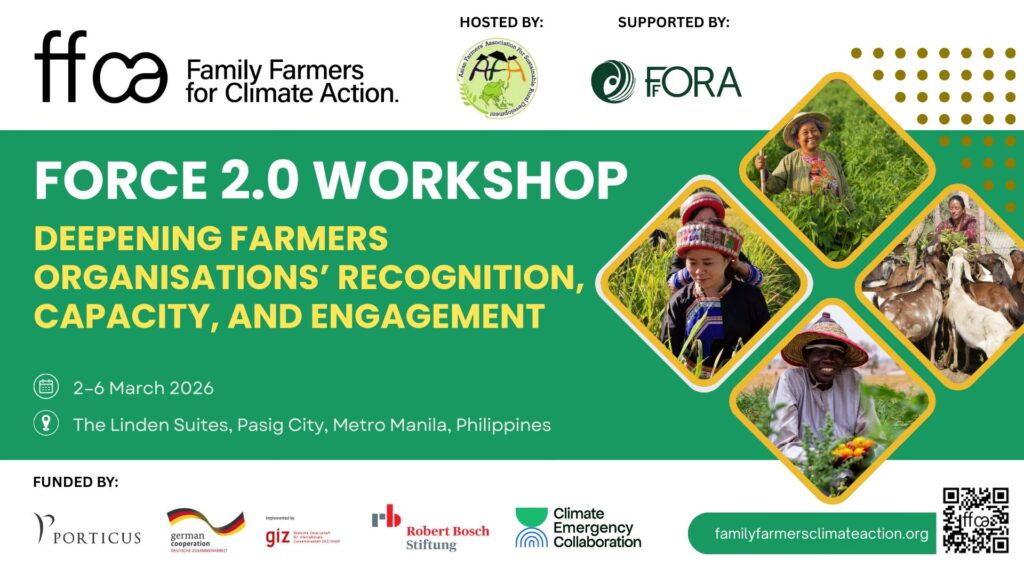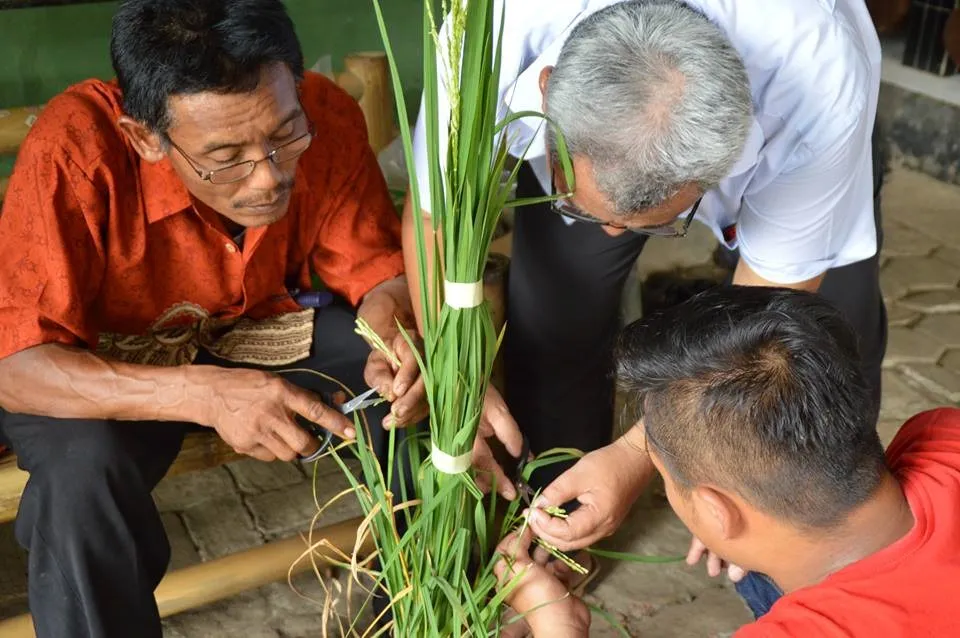
Community Radios in the Asia-Pacific region make rural voices louder for family farmers and food sustainability
As part of its ongoing efforts to highlight the role of family farmers in building sustainable food systems, AMARC Asia-Pacific, with support from the UN Food and Agriculture Organization (FAO) and under the ComDev Asia initiative, successfully carried out the 2024 edition of the Participatory Radio Campaign. The radio campaign commemorates the United Nations Decade of Family Farming (UNDFF), highlighting stories and solutions from the grassroots throughout the Asia-Pacific region.
Partner community and local radio stations in six countries, including Bangladesh, India, Indonesia, Nepal, the Philippines, and the Solomon Islands, participated in this initiative. The partner stations produced a diverse array of local-language radio programs that addressed pertinent issues within the family farming sector. The partner radio stations included:
- Bangladesh: Radio Meghna
- India: SEWA
- Indonesia: Nurul Hidayah Radio
- Nepal: Radio Sagarmatha
- Philippines: Kodao Productions
- Solomon Islands: Solomon Islands Broadcasting Co-operation (SIBC)
Each station explored themes tailored to their communities’ realities. In Bangladesh, the “Sonali Basati” series emphasized climate-adaptive methods like the Sarjan technique, women’s empowerment in farming, and youth engagement.
India’s radio program highlighted eco-friendly practices such as seed treatment with Panchgavya, women-led climate action and access to agri-credit schemes.
Indonesia’s episodes tackled sustainable agriculture through appropriate technologies, crop diversification, and women’s leadership in farming.

Nepal’s programs under “Krishi Ban Dabali” addressed agroforestry, community-managed forests, eco-tourism and policy engagement for climate resilience.
In the Philippines, the campaign focused on land rights, irrigation access, indigenous farming, and the strength of farmer cooperatives. Meanwhile, Solomon Islands amplified voices on organic farming, biodiversity, the importance of microorganisms and honey bee training for livelihood diversification.
What united these diverse stories was the central message that family farmers – women and men, young and old are not just food producers, but custodians of sustainability, biodiversity, and community well-being. Community radios connect rural expertise with public conversation, giving farmers a place to talk about their problems, discuss new ideas, and encourage action.
This campaign underscores AMARC Asia-Pacific’s commitment to facilitating connectivity between rural communities and local media, thereby ensuring the fulfillment of their communication and information requirements. By empowering family farmers through participatory radio, this initiative bolsters local capacity, contributes to national discourse, and makes a significant contribution to food sustainability objectives.
This article is contributed by AMARC Asia-Pacific Regional Office, Kathmandu. AMARC Asia-Pacific is one of the steering committee members of ComDevAsia initiative.



